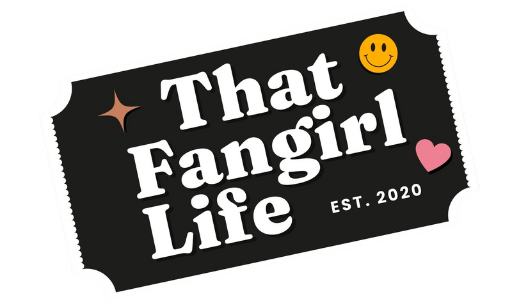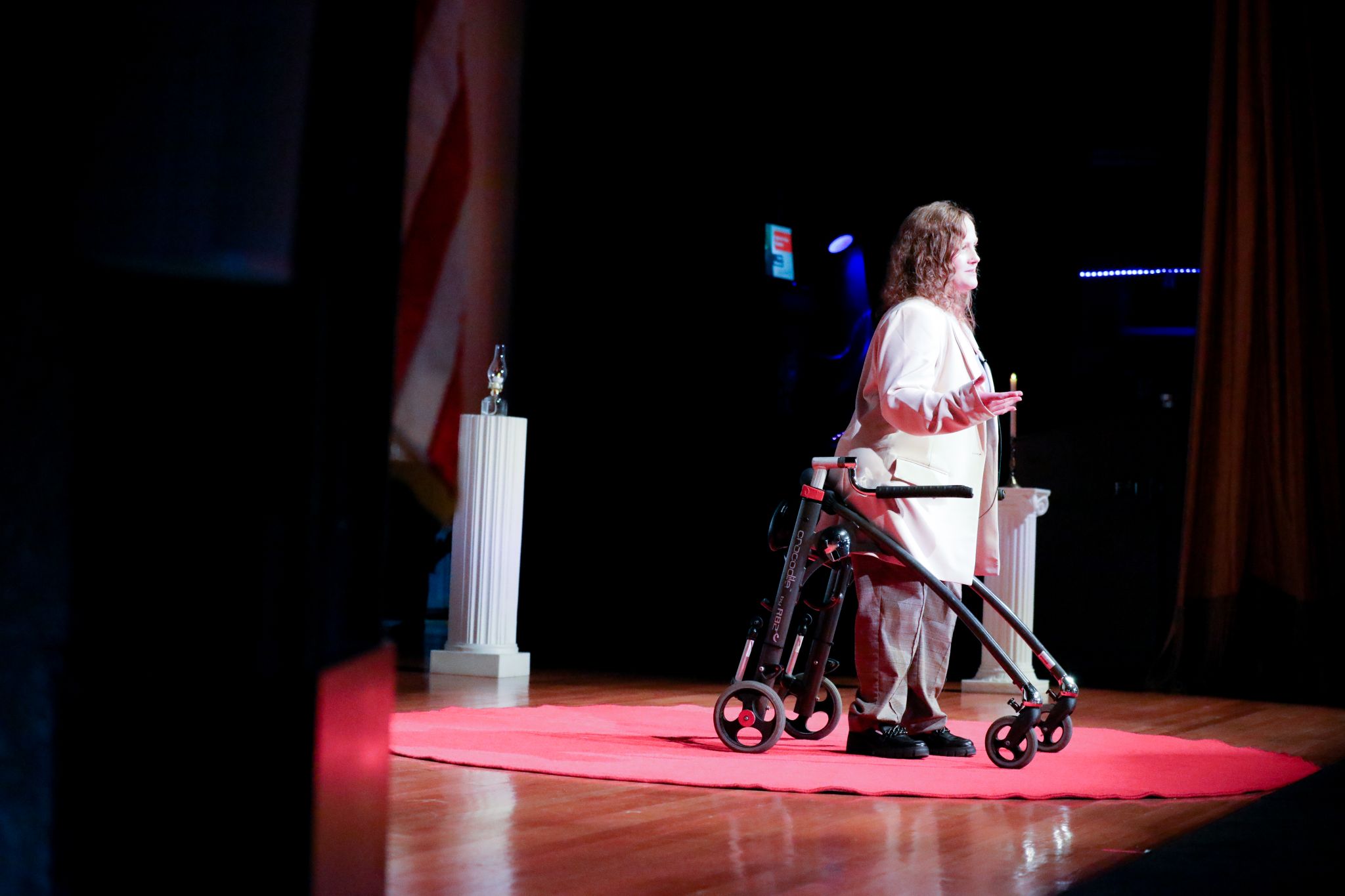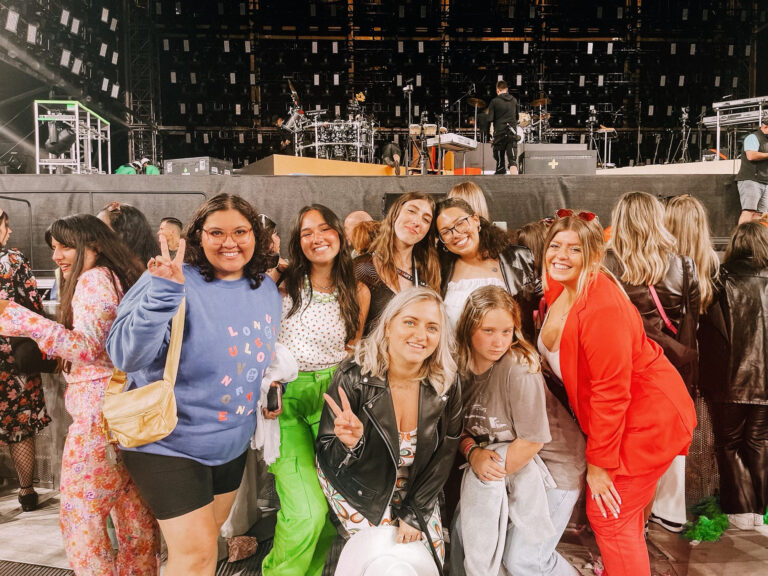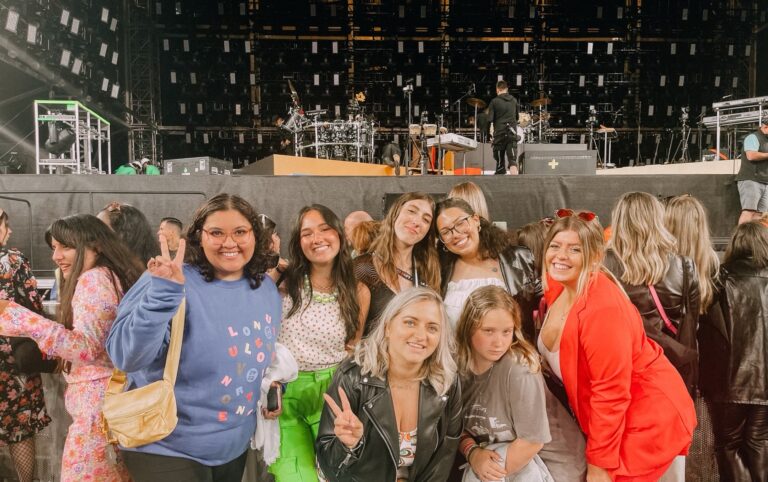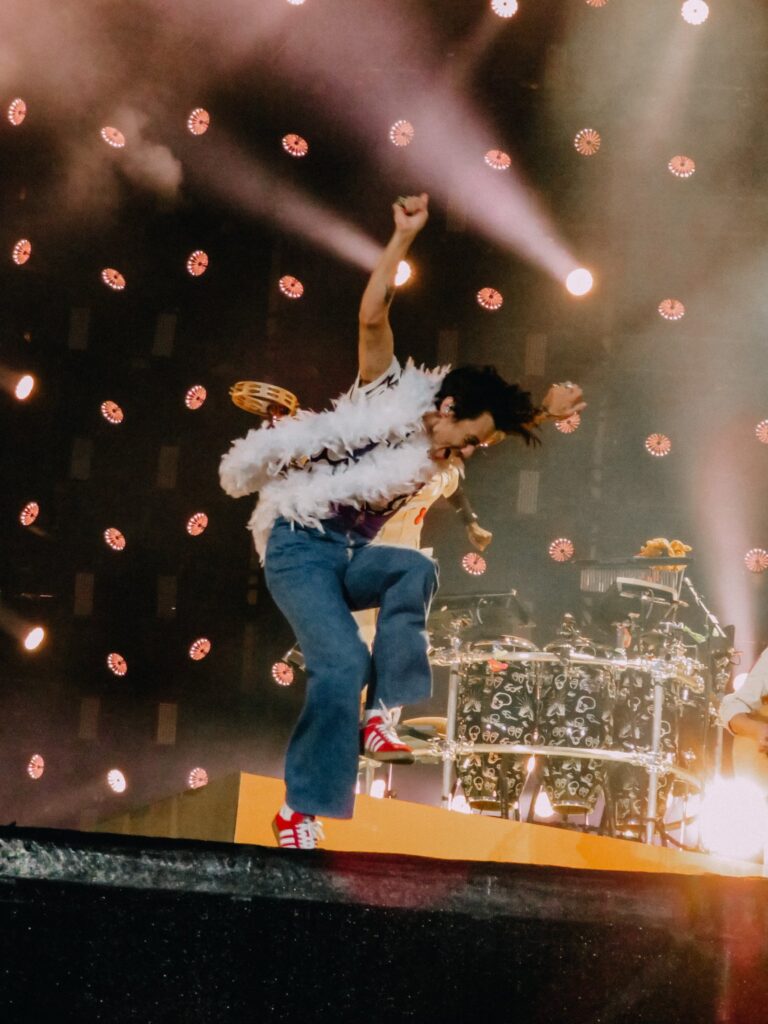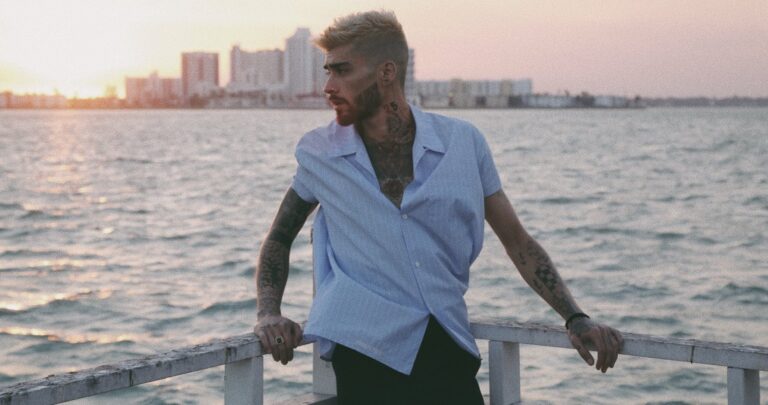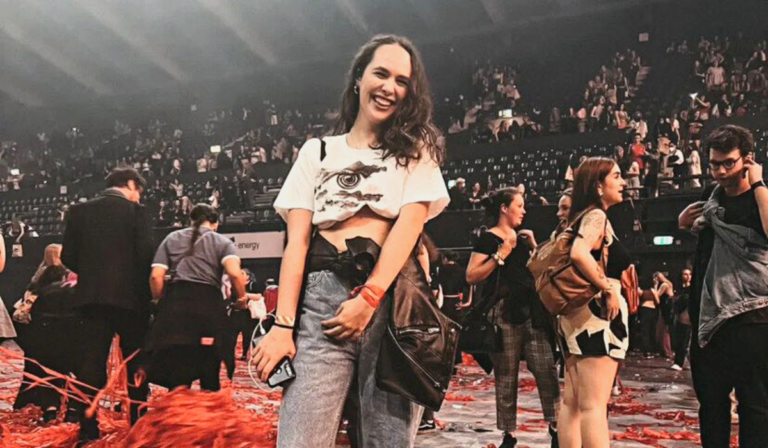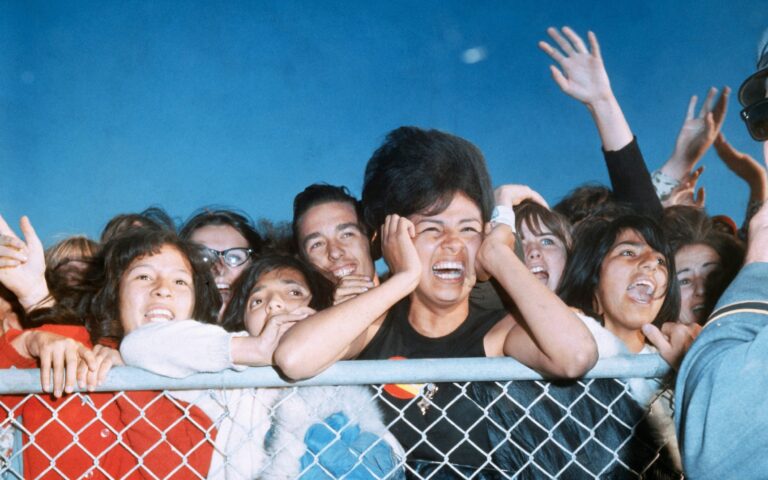Making the Music Industry Accessible: What Can We Do as Fans?
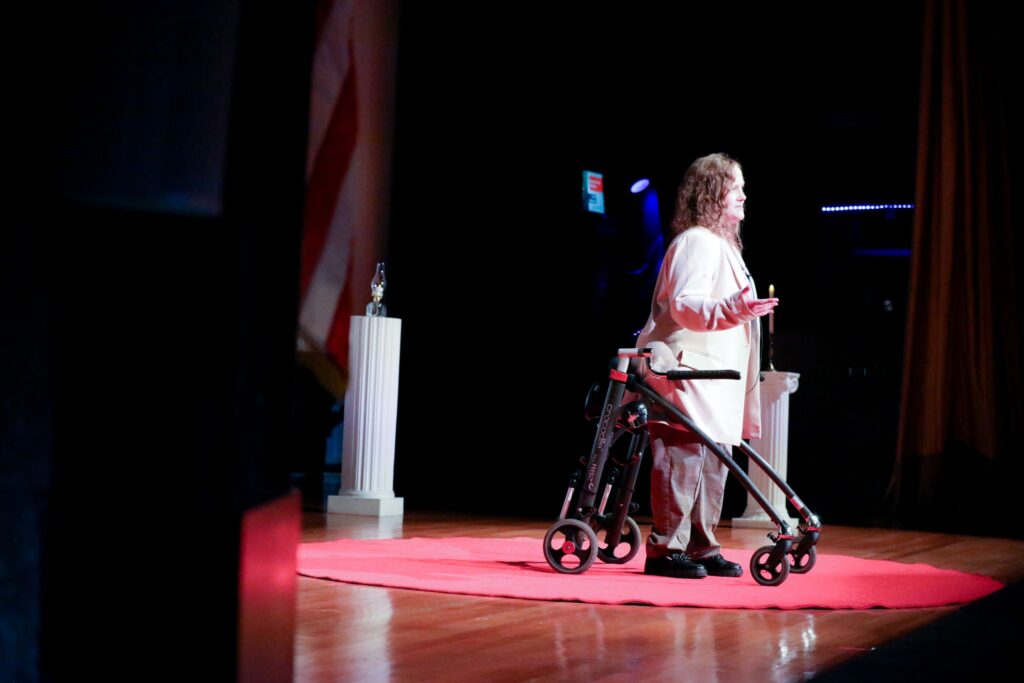
I’ve been involved in online fandom for nearly a decade, enjoying everything from MAGCON to Twilight to 5 Seconds of Summer. My experiences in these spaces have been primarily positive (and certainly shaped who I am today), but I feel it’s important to address how fandom – and the music industry as a whole – falls short in making sure everyone feels included.
Too often we see stories of disabled fans encountering barriers while trying to access live music. We know that there is a systemic problem with inaccessibility in our society, and the entertainment industry is not an exception. Sure, legislation surrounding, for example, accessibility requirements for venues exists, but it only addresses the bare minimum. And even then, rarely is it enforced or actually followed.
For the people behind promoters, venues, and the like, accessibility seems to be an afterthought. And don’t get me wrong – I understand that there are many, many components to putting on events. But shouldn’t the very first step be to make sure that any and all possible audiences can access said event?
Because of this, many disabled fans rely on online spaces to show their support for their favorite musicians and creatives. That, too, can be inaccessible or feel somewhat inequal to on-the-ground participation.
For these reasons, I created Disabled Music Fans Collective, an organization designed to support, represent, and validate disabled music fans everywhere. One thing I want to point out about my work is that I began the org when I was just 15 – long before I began my early career in the music industry! I noticed a gap that had to be filled and did what I had to do with very little resources. Being a founder has afforded me many amazing opportunities – including being able to write this blog piece!
With all of that being said, it is very possible to advocate for accessibility even when you have no connections to the industry – even when you think you’re “just a fan” or don’t have any power. The reality is that you do! The more we speak up about this, the less people get to ignore it.
So, where do we start?
Making your fan content accessible
As stated previously, even the online spaces that are more physically accessible to disabled people are often inaccessible in other ways. And honestly? Changing that starts with very simple actions.
When creating any sort of content – whether that be photo or video – you want to make sure that everyone can experience that content the same way. That means adding alt text, image descriptions, and captions as you prepare to post. It may also mean checking for contrast in graphics.
By no means is this an exhaustive list. To learn more about content accessibility, I highly recommend visiting the WCAG for guidelines and other resources.
Call out inaccessibility and ableism – even from your faves
In those stories about concert accessibility, I not only see professionals being unkind, but fans being unkind as well.
Disabled fans are sometimes accused of faking their disabilities, especially if they are less apparent. And fans who do not identify as disabled make these accusations under the guise of wanting to look out for others who may have been queuing for long periods of time.
Listen – I’m all for getting barricade and doing what you want to do to have the time of your life. But is it really worth someone else’s safety and health? Saying they are faking creates an unnecessarily hostile environment for someone who is probably already incredibly stressed! So, if you see other fans displaying this type of behavior, let them know that it is not okay.
Your favorite artists and their marketing teams might be tempted to post concert footage to promote an upcoming tour, and you, too, might be tempted to engage. But let’s stop and think: could this be a seizure trigger, for example?
Calling out inaccessibility from public figures doesn’t have to be anything big or extravagant. Simply commenting to draw attention to that particular thing is a small way to show that you notice and care!
Of course, conversation is extremely important. Explaining not just what is inaccessible but how and why it is that way can help more people understand both their contributions and those of others. Because again – we have to make accessibility part of the conversation from the beginning!
I want to make clear that you don’t have to be going for the big companies to be advocating for accessibility – you can start right at your own local venues!
You can make the information you gather available to other fans in whichever way you see fit. I personally love Half Access’s database of accessibility details for over 500 venues across the world.
Listening to disabled fans
In all of this, the top priority is listening to (and uplifting those) who are directly affected. Their lived experiences can help inform your advocacy and give insight into what is and isn’t helpful.
Thank you so much to the team at That Fangirl Life for giving me a space to speak about this. And to all of the fans out there, I hope this helped you learn something new and empowered you to keep standing up for what is right.
To learn more about Disabled Music Fans Collective, feel free to visit our website or follow us on social media.
